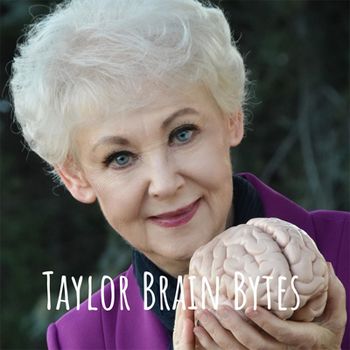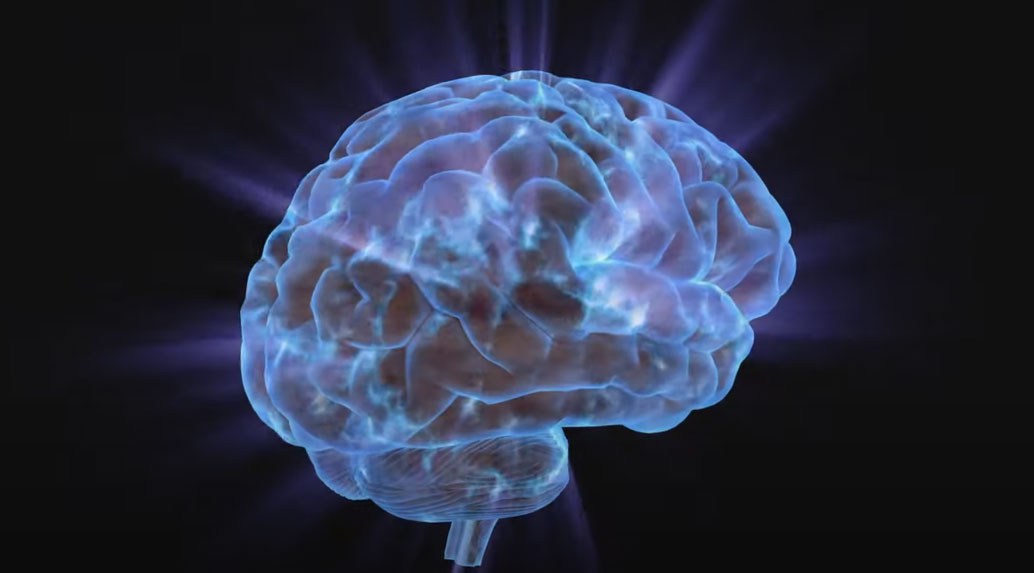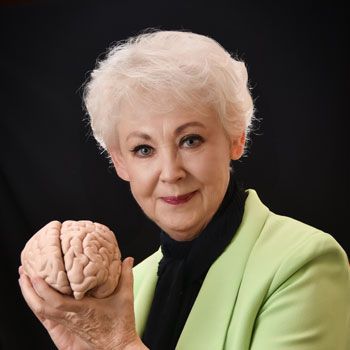Can You Afford To Be Unforgiving?

©Arlene R. Taylor, PhD
www.ArleneTaylor.org
The weak can never forgive—forgiveness is the attribute of the strong.
—Mahatma Gandhi
 “Studies have shown that people who refuse to forgive others or themselves are less content overall and have difficulty with relationships—but there is also a clear health connection. According to Herbert Benson, MD, internationally renowned cardiologist and researcher, there’s something called the ‘Physiology of Forgiveness’—being unable to forgive other people’s faults (or your own) is harmful to one’s health.”
“Studies have shown that people who refuse to forgive others or themselves are less content overall and have difficulty with relationships—but there is also a clear health connection. According to Herbert Benson, MD, internationally renowned cardiologist and researcher, there’s something called the ‘Physiology of Forgiveness’—being unable to forgive other people’s faults (or your own) is harmful to one’s health.”
The physician looked at the young woman sitting slumped in a chair on the other side of the desk. “The cost of unforgiveness is high. Ruminating about supposed faults, mistakes, and perceived injuries keeps your mind occupied withthe event, situation, or loss. It can keep you stuck and derail you from moving forward successfully, negatively impacting your health and wellbeing. I think that’s at the root of the stress you are experiencing.”
“I’ll admit I’ve hung onto a lot of perceived injuries and injustices,” said Lori, “whining and complaining about them—and blaming. That solved nothing, of course. It did make everything seem even worse and helped me feel like a victim.”
“A victim mindset burns up norepinephrine (a chemical that impacts mood and stress), stops emotional growth, and blocks recovery,” said the doctor.
“It often involves a sense of helplessness and hopelessness and a perception of being special because of being injured. Everyone experiences injuries in life so that doesn’t make one special. But choosing to move from a position of victim to one of survivor—now that’s a badge of honor. A survivor mindset helps you recover, heal from the injury, grow up emotionally, role model more effectively, and assist others appropriately. Compare refusing to forgive with taking poison and then expecting it to kill the other person. As Thomas Szasz puts it, ‘The stupid neither forgive nor forget; the naïve forgive and forget; the wise forgive—but do not forget.’ In other words, the wise forgive and learn.”
“I need to remember that,” said Lori. “To be honest, I’ve been quite unforgiving at times. More than once, I’ve jumped on the band wagon of self-pity, reinforcing negative perceptions instead of choosing to reframe them.”
“All humans make mistakes,” the doctor said. “Most people do the best they can at the time with what they know. What’s important is to learn from your mistakes and move on gracefully. Be clear that forgiving doesn’t mean forgetting. You let go of the hurt feelings while still remembering the lessons you learned.”
Lori nodded. “And the link between unforgiveness and health?”
“A variety of undesirable consequences have been associated with unforgiveness.” The doctor listed several.
- Increased heart rate and higher blood pressure
- Higher stress levels along with a higher risk for depression, heart disease, stroke, and cancer
- Increased muscle tension and muscle fatigue
- Suppressed immune system function
- Elevated adrenalin and cortisol (stress hormones)
- Impaired neurological function and memory
“Not pretty,” said Lori. “I can relate to some of those undesirable consequences.”
“Choosing to forgive can be life-saving,” said the doctor. “And the person who does the forgiving, appears to benefit the most. Sometimes choosing to forgive yourself may be the most difficult.”
“I’m guessing the reverse is also true?” said Lori, a question in her voice.
“Good guess.” He listed some of the benefits of forgiveness:
- Healthier relationships
- Lower blood pressure
- Less anxiety, hostility, and stress
- Fewer symptoms of depression
- Lower risk of alcohol and substance abuse
- Increased compassion, kindness, and peace of mind
- Enhanced mental, physical, emotional, and spiritual health.
“Here’s the big question: in terms of health and longevity, can you really afford to be unforgiving?”
“When you put it that way, the cost is pretty high,” said Lori ruefully. “Too high, actually. I’m rather tired of hanging on to some of these resentments. I want to be healthier than my ancestors, so I need to alter my attitude and get serious about a Longevity Lifestyle.”
“Good for you, Lori,” said the Doctor. “According to David P. Rakel, MD, emerging studies from the science of epigenetics have found that lifestyle choices, including one’s mental attitude, can override your genetic code and effectively reduce your chance of repeating your family’s history of poor health, if such is the case. Forgiving yourself and others, learning to be mindfully grateful, and honing your spirituality are hallmarks of a lifestyle that leads to better health and a potentially increased longevity.”
“Thank you,” said Lori, smiling. “Next week I’ll bring a list of things for which I’ve forgiven myself. I’ll start there.” And she was out the door on her journey to forgiveness.
***
As Bernard Meltzer put it, ‘When you forgive, you in no way change the past, but you sure do change the future.’
Desmond Tutu pointed outthat without forgiveness there is no future.
Do you want a healthier future?
Choose to practice forgiveness—starting with yourself.




